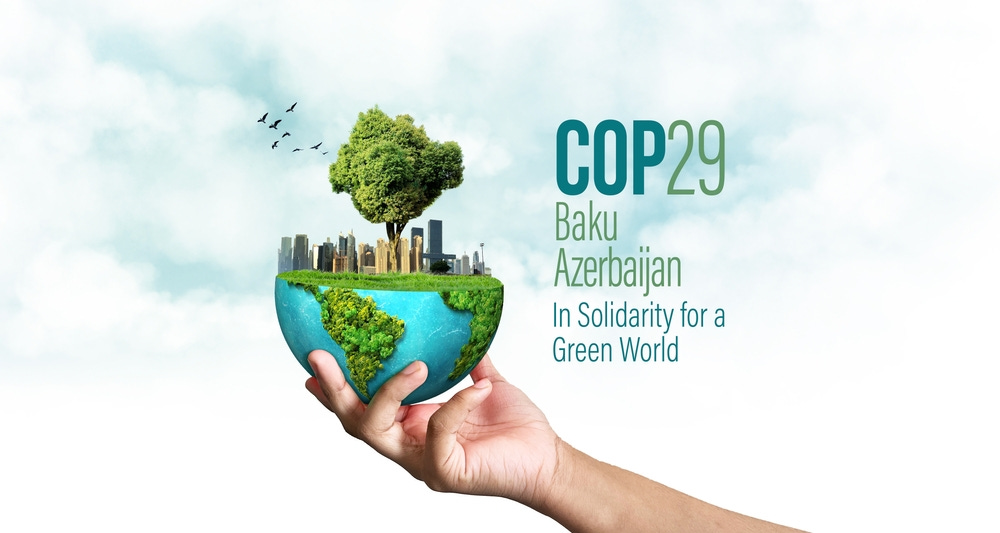How to transition to net zero: Oxford University balances macroeconomics and climate change
A conference on macroeconomics and climate change, Andrea Chiavari explained that we need to be 'integrating climate change into long-run macroeconomics analysis'.
The conference highlighted the effects of climate change and how increasing temperatures have impacted productivity and in turn the economy. It looked specifically at the social cost of carbon (SCC), which translates the effect of climate change into an economic perspective.
The conference covered how we are collectively going through more energy, emitting more fossil fuels and further heating the planet. The main organiser Andrea Chiavari says that after global climate increased by 1.3 degrees Celsius the Mediterranean region faced ‘significant challenges regarding agricultural systems in 2024’.
Chiarvari used Italy as an example to demonstrate the link between temperature increases and productivity loss. He points out that When temperatures reach above 40 degrees Celsius, productivity goes down by 30%.
Cop29: Global temperatures need to decrease
global temperature needs to decrease to benefit the environment and the economy. According to the Cop 29 United Nations climate change conference in Baku, ‘emissions need to be reduced by 43 per cent by 2030 [to] reach net zero by 2050’.
As this race to zero has begun as countries, cities and organisations are committing to attaining net zero emissions. In a UN report, Selwyn Hart, a Special Adviser to the UN Secretary-General on climate action states: “A revolution in the transition to renewable energy is already underway. It cannot be stopped”.
Cop 29, which ends Friday 22nd November, has given the public a clearer understanding of what actions governments are taking to battle climate change.
The Oxford University economics conference was followed by a panel discussing Sustaining Sustainability: Balancing Economic Growth and Climate Resilience. It was advertised to bring “diverse perspectives into the ways we can achieve the dual goals of financial growth and climate action”.
Guest speaker Dr Nicola Ranger emphasised that “We need the financial support in the transition to renewable resources” and that in order to achieve this “We need policies to create the right frameworks”. These issues are currently dealt with at COP29 as the future of the economy and the future of our planet depend on the actions of officials.
Overall it was brought to attention that climate change poses a significant threat and challenge to society. As this issue becomes more prominent within society, with recent climate disasters and temperatures rising, actions need to take place. “This is a global solution” says Chiavari, “no country can do this alone”.




